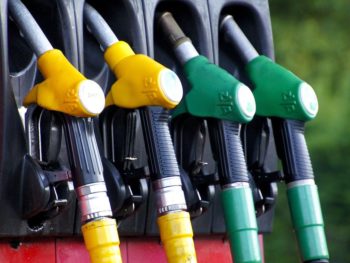Fuel management has gone out of the window during the fuel delivery crisis, leading to a rapid loss of control over fleet running costs, according to FleetCheck.

Peter Golding, managing director at the fleet management software company, said that because company car and van drivers were often being forced to buy fuel where they could get it, their employers were having to pay whatever prices were being asked.
He explained: “Most well-managed fleets have fuel policies that are designed to minimise costs, for example by specifying certain types of outlet or using a fuel card, but those measures have very much gone out of the window and there has been a rapid loss of control.
“We can see, for example, that company car and van drivers at some of our software users have been buying fuel from motorway services, which would generally be almost unknown. Presumably, they’ve been unable to get petrol and diesel anywhere else.”
And while fuel prices had already been rising rapidly before the onset of the fuel crisis, they have only increased further since; according to the RAC, petrol and diesel prices have hit near record levels and could reach an all-time high in the coming weeks on the back of surging oil prices. There is also evidence that some fuel outlets had been profiteering in the wake of shortages.
Golding added: “It’s probably not an exaggeration to say that some fleets will have seen their pence per mile fuel costs increase by 25% over the last year.”
But it’s something that can be proactively tackled, and Golding pointed to advice from FleetCheck’s affinity partner for petrol and diesel purchasing, Wex Europe Services, operator of the Esso fuel card.
“Users of fuel cards will tend to have access to preferential fuel rates, for example, as well as being provided with more information about fuel availability. Telematics also has a potentially important role to play in ensuring that employees are driving in a style that helps to maximise fuel economy.”
Additionally, FleetCheck last week issued a five-point guide to fleets designed to help them maximise fuel use while the crisis was underway.
Golding said: “The reaction we’ve had to this has been good. What we are seeing now is that the fuel crisis has become very regionalised. In some areas, it appears to be over while, in others, there is still queueing going on. Where shortages persist, fleets have been very receptive to this guidance.”

